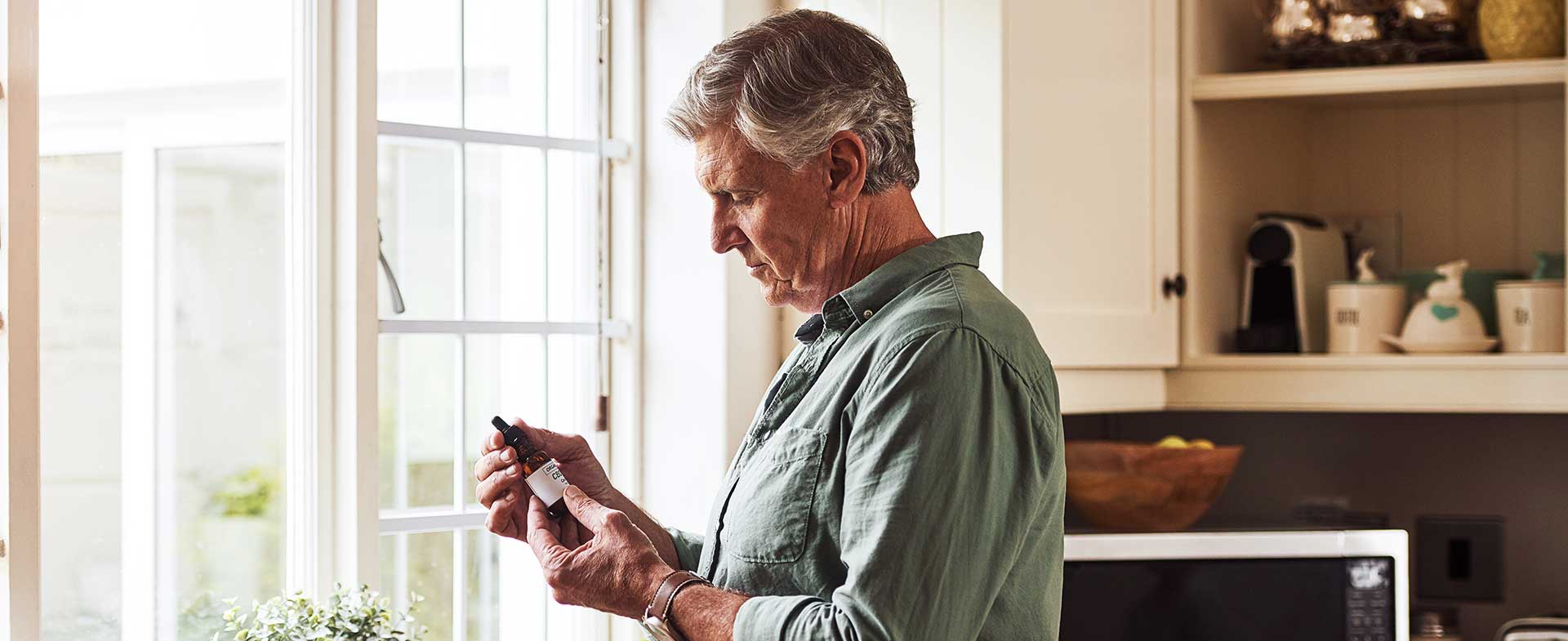
You drink herbal tea when your stomach aches, not because it’s proven—but because it’s familiar
Chamomile for sleep. Ginger for nausea. Mint for cramps. These are habits, not prescriptions. Passed through kitchens. Not clinics. Yet they remain. In many homes, natural remedies come before pills. But is familiarity the same as effectiveness? That question lingers every time the cabinet opens.
You wonder why some natural solutions feel like common sense while others raise doubt
Some remedies have stories behind them. Centuries of use. Grandma’s trusted fix. Others feel new. Trendy. Promoted online with glowing reviews. The difference lies in exposure. The more often something’s used, the more normal it feels. But that doesn’t always mean it works—or that it’s safe.
You start reading labels and realize most natural supplements don’t list exact dosages
Turmeric capsules. Echinacea drops. Valerian root tablets. The packaging looks professional. But what’s inside? Often, not standardized. One brand’s extract differs wildly from another’s. Potency varies. Purity can’t be assumed. You’re trusting a label, not a lab.
You assume “natural” means safe—until you learn some herbs interact with prescription medications
St. John’s Wort can reduce antidepressant effectiveness. Ginseng may raise blood pressure. Licorice root affects cortisol. The body doesn’t separate “natural” from “chemical.” Everything you ingest affects everything else. A plant can soothe—or disrupt. It depends on context, dose, and your body.
You try a detox tea and end up dehydrated, wondering how something so light felt so harsh
Not all natural products are gentle. Some are laxatives in disguise. Marketed for weight loss, but built for urgency. They flush water—not fat. The result? Dizziness. Cramping. Electrolyte loss. Detox isn’t always healing. Sometimes, it’s just draining.
You find out that some natural treatments are backed by science, but the evidence is often incomplete
Willow bark helped inspire aspirin. Peppermint oil soothes IBS in trials. Honey may ease coughs. But most studies are small. Many lack regulation. Results vary. That doesn’t mean natural is ineffective. It means proof takes time. And funding. Which natural medicine rarely gets.
You meet someone who swears by black seed oil, but they can’t explain why it helps
Anecdotes are powerful. But they’re not universal. What soothes one body may irritate another. Without control groups or peer review, stories stay stories. Not science. Yet they spread. Because people trust people more than papers.
You discover that quality control in the supplement industry is inconsistent and poorly enforced
Unlike pharmaceuticals, most natural remedies aren’t held to the same testing standards. Contaminants. Mislabeling. Inactive ingredients. It happens more than people realize. Some products contain heavy metals. Others include undeclared substances. You buy trust—but not always safety.
You try acupuncture and realize natural remedies also include practices—not just pills
Needles. Breathwork. Massage. These aren’t ingested—but they are natural. And many have shown promise. Especially for pain. Stress. Sleep. Their success often comes from consistency and trained hands. Not mystery. Not magic.
You begin to think the real question isn’t “natural or synthetic,” but “measured or careless”
Effectiveness depends on details. Dosage. Frequency. Diagnosis. The same turmeric that helps one person’s arthritis may do nothing for another’s headaches. Natural isn’t one thing. It’s a category too wide for blanket answers.
You speak with a doctor who listens, not dismisses, and helps bridge science with tradition
A good provider doesn’t roll eyes at herbal tea. They ask why you use it. What you feel. How often. They help assess risk. Spot interactions. Suggest tests. They don’t pit nature against medicine. They ask how the two might cooperate.
You end up keeping some remedies and letting others go, with more intention than before
You still sip ginger when your stomach turns. But you check with your pharmacist first. You still light lavender at night—but you no longer skip real therapy. Your relationship with natural medicine evolves. Not abandoned. Just informed.
